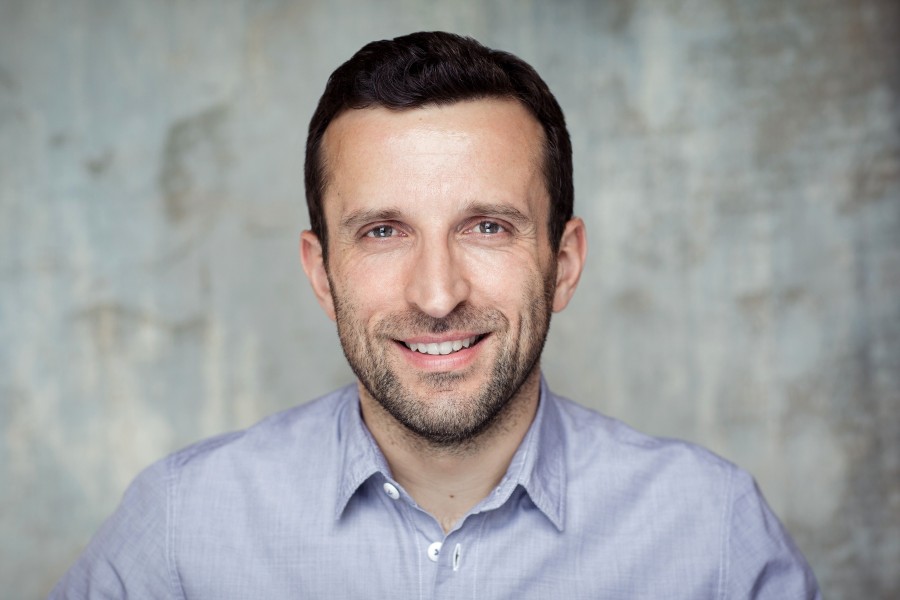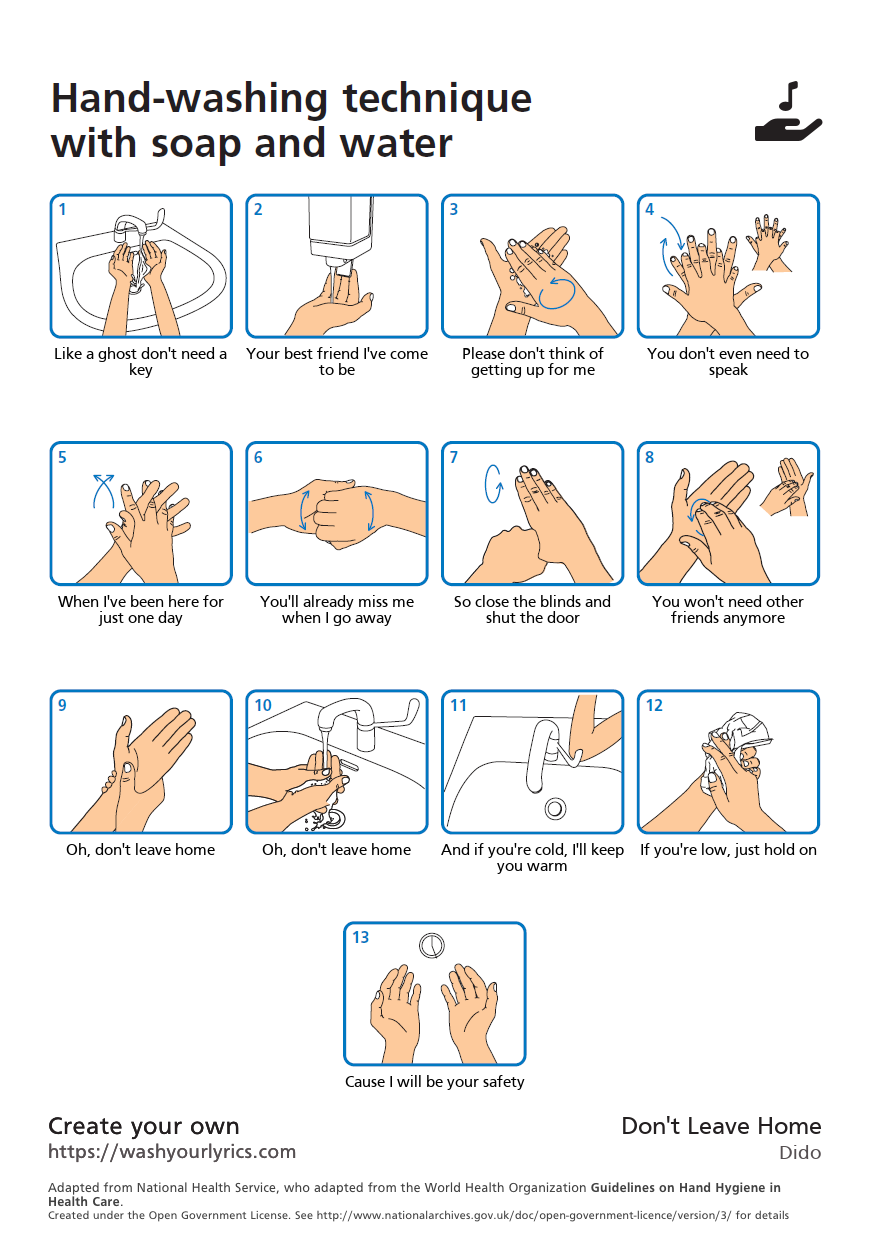
Help People Help Themselves: How to Fight Covid-19

We are in the middle of a global behaviour change experiment. For the first time in history, billions of people are adopting the same new behaviours at the same time. In a matter of weeks, we all have learned to work from home, maintain social distancing or have team drinks via Zoom. This is a big challenge for our governments which try to guide us during the lockdown. Obviously, their job is made easier by the seriousness of the situation. But their inclination to rely on regulation and information is only part of the answer, if the aim is to influence people’s behaviours.
Indeed, most of our decisions and actions are influenced by our mental state, our cognitive limits, by what other people do and by how things are presented to us. As a result, we often behave in a sub-optimal and irrational way, and our response to Covid-19 is a case in point. At the supermarket, you might have witnessed – and perhaps responded to – this irrepressible need to buy more than what’s necessary; a reaction that can be explained. Seeing other people buy more in terms of quantity signals that it is the 'right' thing to do. As they say, “people don’t flee the cinema when they see the smoke. They flee the cinema when they see others flee the cinema.”
Then, with the media making it a front-page news, you have all the ingredients for panic-buying to take place. I didn’t escape it, how about you?
Another irrational behaviour, with immediate danger for others, is not respecting the lockdown despite repeated calls from the authorities. An effect called 'psychological reactance', similar to when teenagers go against their parents as a way to assert their freedom. This phenomenon is all the stronger as we usually enjoy a high degree of liberty.
But what can brands do in such a context? The answer, for me, is simple: help people help themselves. And the second part of the sentence is the most important one.
Governments and society at large need help to adopt the right behaviours and spare as many people as possible. And brands, present in people’s hearts and homes, have a role to play.
Below some ways they can help:
Be the referee. Whether they like it or not, supermarkets have a double role to play during the lockdown. One side commercial organisation, the other similar to a public service entity. Provide goods, but also make sure they’re reasonably evenly distributed. They will be the referees in charge of handling competition between players, and some good ideas have come up these days: stores that sell one bottle of hand gel at the normal price but ask for more than €100 for two bottles. Stores that help people maintain social distancing by placing colour strips on the floor. Others that ration purchase or that make the first couple of hours only available to old people. And then you, in your own context, how can you organise shopping for your product with more equity?
Show how to do it. Instead of asking people to wash their hands “between 40 to 60 seconds” - because do you have a timer in your bathroom? - it might be better to give them a technique they can easily internalise. The UK government, for instance, recommend people wash their hands while singing ‘Happy Birthday’ twice, which led to series of variants like washyourlyrics.com, which helps you create your own hand-washing infographic. If you’re a beauty or hygiene brand, how can you help people wash their hands properly?

Help young people. A lot has been said about old people and the need to protect them from the virus. But we should pay attention to young people too, and for a good reason. According to the first research in Italy, with help from Harvard among others, young people are less likely to stay home and to let others know if they are infected, and men are less likely to share preventive messages. The recommendations are to develop specific messages for these audiences. It is reasonable to think that such conclusions apply to other countries too. So, if you’re a brand aimed at young people, how about helping here?
Socialise the right behaviours. We talked about it earlier, people tend to copy the actions of others. And if it works with bad behaviours, it also does with good ones. If we’ve been influenced by panic-buying, how about a campaign hero-ing people performing generous and equitable behaviours? In the same vein, isn’t there an opportunity for e-commerce websites to display a message encouraging equitable behaviour when people fill their shopping basket?
Instil healthy habits for people and the planet. Behaviour is generally easier to change when habits are already being disrupted, such as the start of a new period (e.g. the new year) or around major life events (e.g. moving to a new house). The lockdown is an ideal opportunity to create new behaviours and habits, including sustainable ones – a relevant option if you offer virtual substitutes or 'no contact’ solutions.
In summary, there is an opportunity for brands to help people help themselves, and brands that contribute will come out stronger at the other end of this crisis. For a simple reason: reciprocity. People like to help whoever helped them. So, if you want to build your brand, you know what to do.













